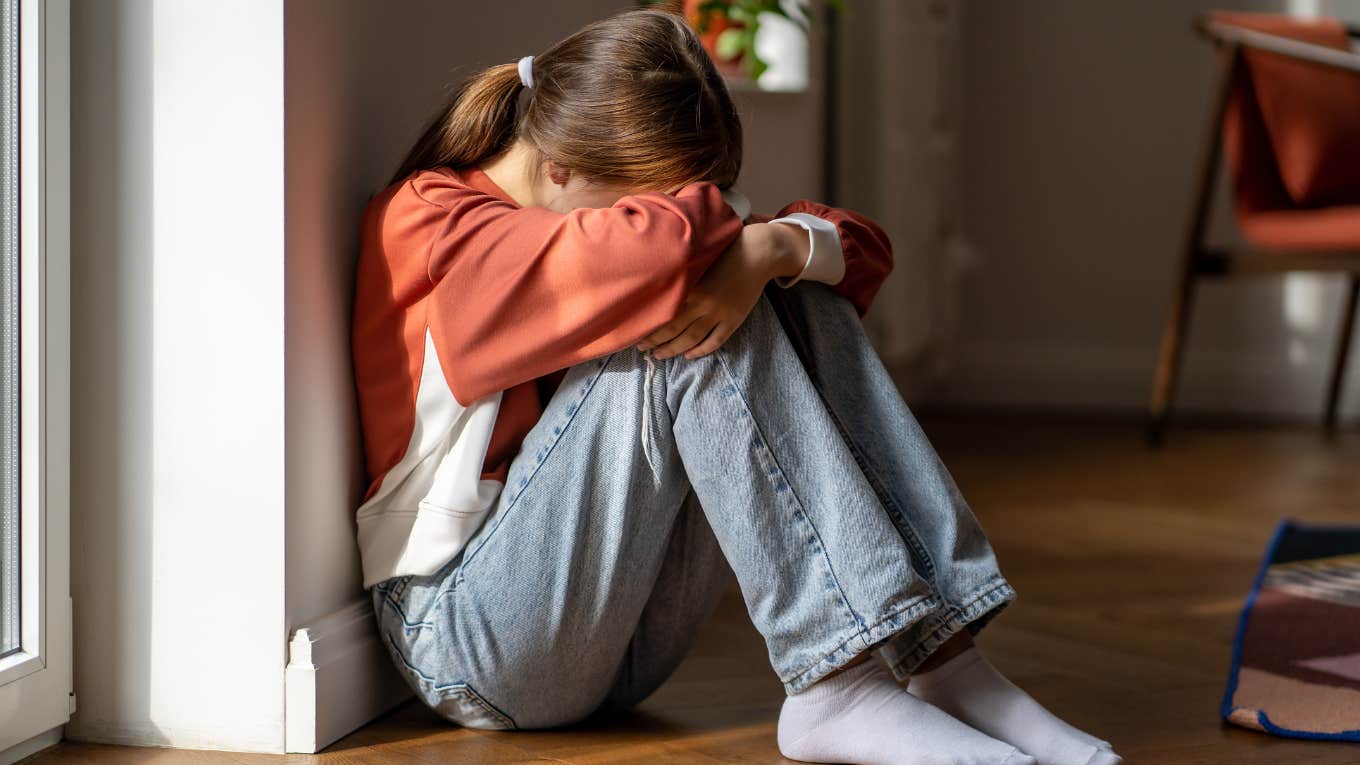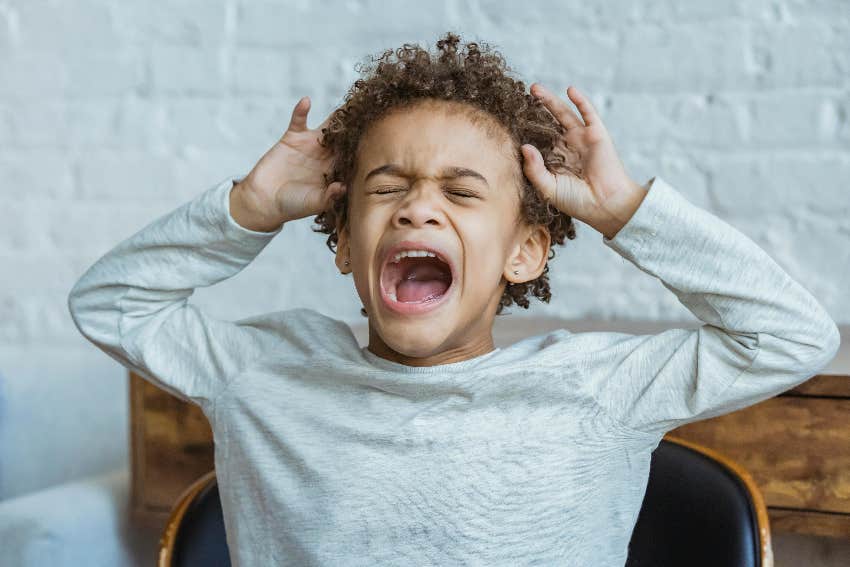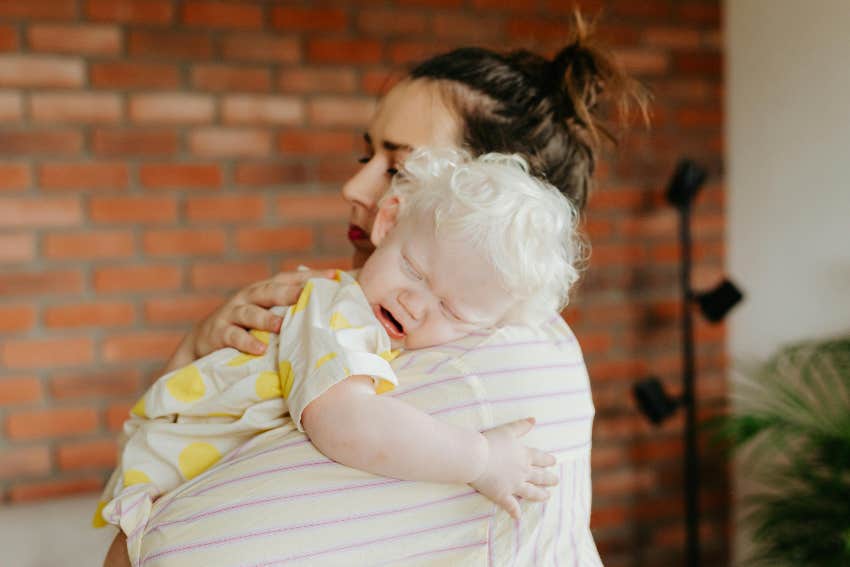The Specific Type Of Parent Who Raises Anxious Kids, According To Research
Your anxiety may be giving your child anxiety.
 dimaberlinphotos | Canva
dimaberlinphotos | Canva There are many things you can get from your parents, and you have to accept the good with the bad. You take their looks, maybe even their voice, but that's all genetics.
What type of things do they pass on from their parenting decisions? Well, if you're an anxious person then you can thank your parents' choices for that.
The type of parent that tends to raise anxious kids:
A 2015 study followed 900 fraternal and identical twins who had children. They found children had more in common with their parents than with their parent's twins.
To try to prove that anxiety isn't just a genetic trait, they looked at the anxiety levels of the twins compared to their children.
 Keira Burton / Pexels
Keira Burton / Pexels
How it should work is that the child should have the same amount of anxiety as both her father and her father’s identical twin because she shares the same amount of both of their DNA.
However, the researchers found that children of a twin had more in common with their parents than with their parent’s twin.
Kids notice when their parents are worrying so they begin to adopt the same behavior.
There are a few other ways that anxiety can be passed from parent to child, or vice versa, the study explains.
Children are able to pick up on their parent's fears and worries by observing their actions or overhearing their words, and then start to have those worries of their own.
Another cause could be what the study calls “negative parenting behaviors” — which is essentially when the parent intentionally hides or shields things from the child, typically things the parent is afraid of.
On the flip side, parents might allow their child's pre-existing anxiety, like their fear of heights or pain at the dentist, to control their parenting choices and allow their child to avoid those experiences, thus not letting children get over that fear, Eley says. A child’s anxiety could even be causing the parent’s anxiety.
 Kaboompics / Pexels
Kaboompics / Pexels
Also, leaning on the side of helicopter parenting tends to do them more harm than good, research from 2018 found. So, what should parents do instead?
"The right thing to do is to help the child have opportunities to take on challenges and tasks appropriate to their age and level of fear," explains the study's co-author Thaila Eley. "So, they have the opportunity to learn that they can cope with this situation after all." Sounds like pretty sound advice.
Nicole Weaver is a senior writer whose work has been featured in New York Magazine, Teen Vogue, Psych Central, Yahoo, Huffington Post, MSN, and more.

